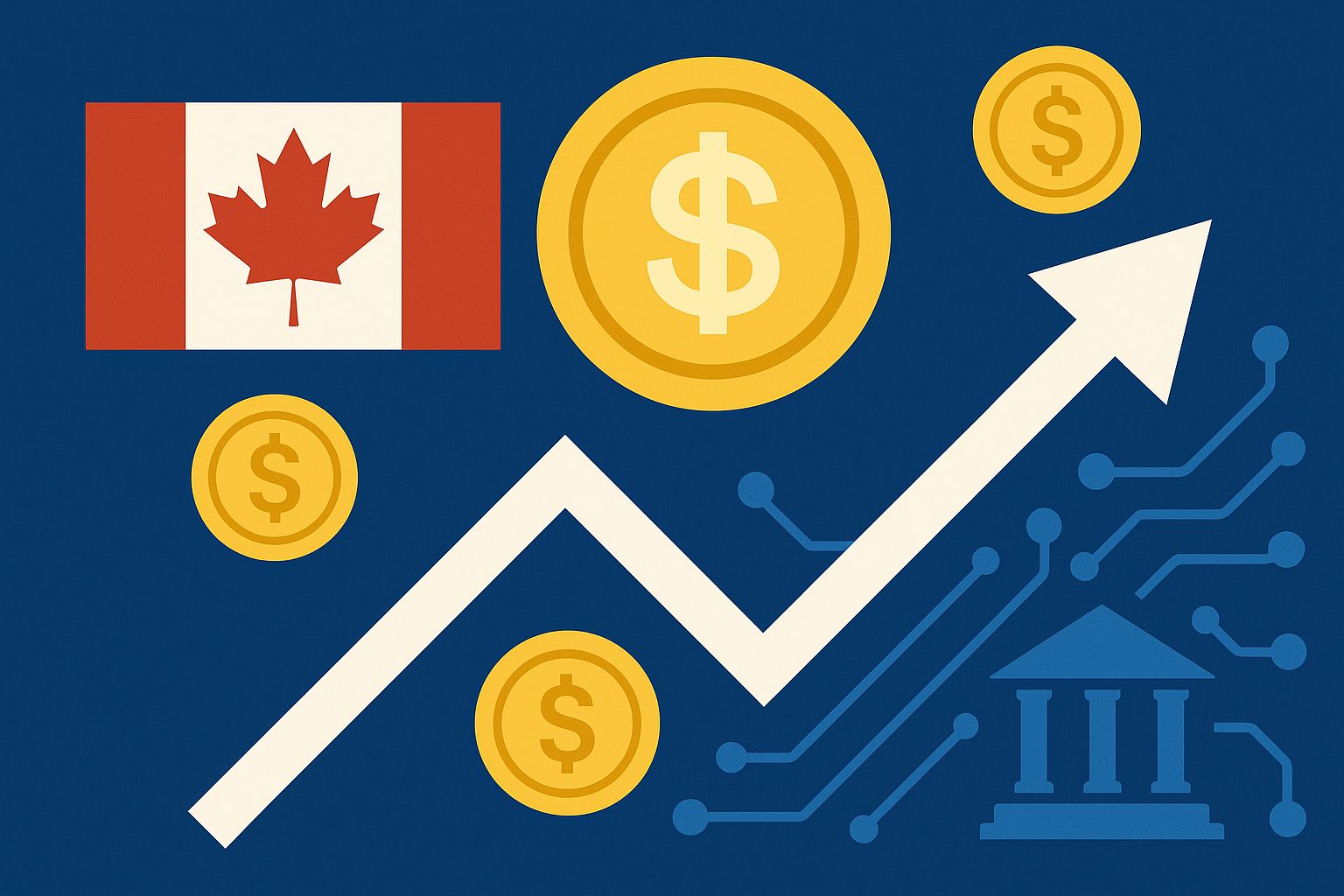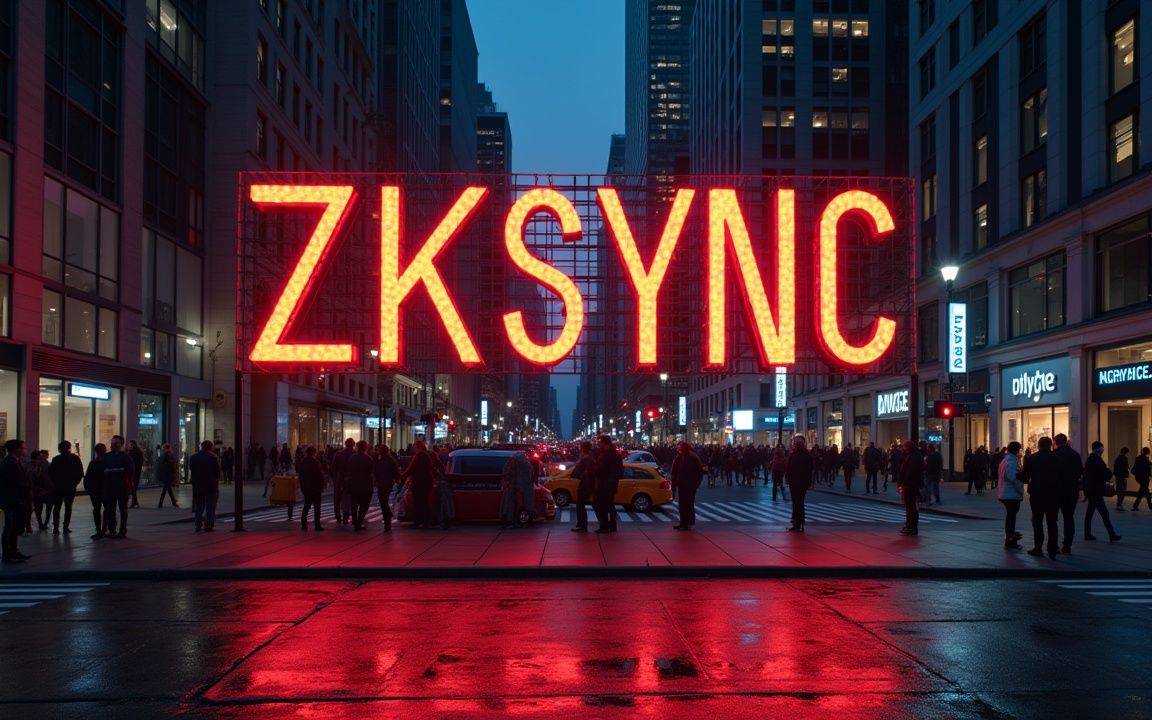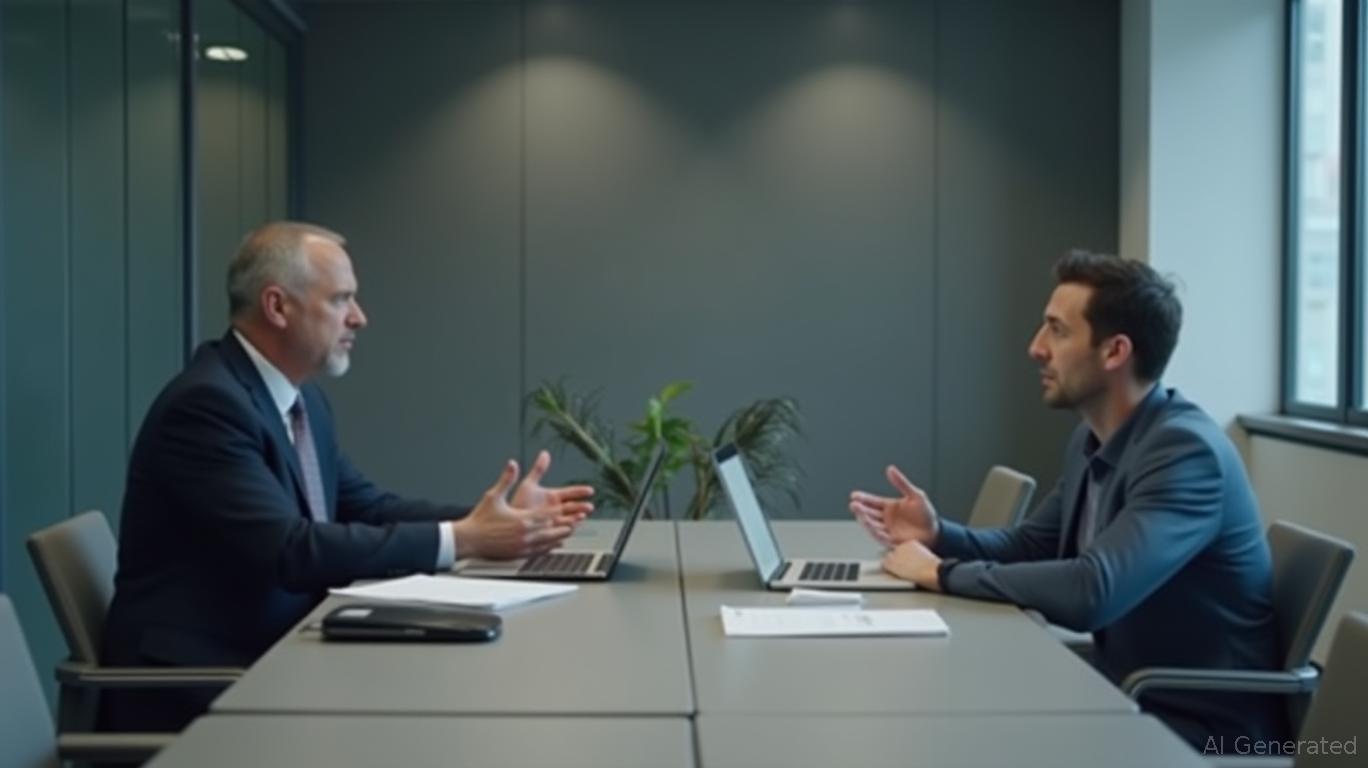The Trump administration has started acquiring direct ownership in U.S. businesses, not as a short-term response to a crisis like in 2008, but as a lasting element of its industrial strategy.
These actions prompt intriguing questions, such as what it means when the federal government becomes a shareholder.
During last week’s TechCrunch Disrupt event in San Francisco, Roelof Botha, Sequoia Capital’s global leader, was asked about this very topic. His reply, which drew laughter from the audience, was: “Some of the most dangerous words you can hear are: ‘I’m from the government, and I’m here to help.’”
Botha, who considers himself “naturally a libertarian and a believer in free markets,” acknowledged that industrial policy can be necessary when national priorities are at stake. “The U.S. is only taking these steps because other countries we compete with are using industrial policy to advance their own strategic sectors, sometimes to the long-term disadvantage of the U.S.” Essentially, since China is engaging in this approach, the U.S. feels compelled to do the same.
Nevertheless, Botha’s unease with the government acting as a co-investor was clear. His skepticism isn’t limited to Washington, either. He sees parallels between the current market and the funding frenzy during the pandemic, though he avoided calling it a “bubble.” “We’re experiencing a period of rapid acceleration,” he said more cautiously, while also cautioning about inflated valuations.
He shared with the crowd that just that morning, Sequoia had reviewed a portfolio company whose valuation skyrocketed from $150 million to $6 billion in 2021, only to later plummet. “The difficulty for founders and their teams is that you feel like you’re on a meteoric rise, and even if you succeed, it may not match your earlier expectations.”
He went on to say that while it’s tempting to keep raising capital to sustain growth, the faster a company’s valuation rises, the steeper the potential fall—and nothing is more discouraging for a team than seeing their paper wealth disappear.
His guidance for founders in this unpredictable environment was twofold: if you don’t need funding for at least a year, hold off. “You’re likely better off focusing on building, since your company could be worth much more in 12 months,” he advised. Conversely, if you’ll need capital within six months, raise it now while funding is still available, as market conditions can change quickly.
As someone who studied Latin in high school, Botha used a classical reference to make his point. “I read the story of Daedalus and Icarus in Latin. The lesson stuck with me: if you fly too high and too fast, your wings might melt.”
When Botha shares his market insights, founders listen—and for good reason. Sequoia’s investments include early stakes in Nvidia, Apple, Google, and Palo Alto Networks. Botha also opened his Disrupt talk by announcing Sequoia’s two newest funds: fresh seed and venture vehicles totaling $950 million, which he said are “basically the same size as the funds we introduced six or seven years ago.”
Although Sequoia restructured its funds in 2021 to allow for longer holding of public stocks, Botha emphasized that the firm remains fundamentally focused on early-stage investing. Over the past year, Sequoia has backed 20 seed-stage startups, nine of them at the moment of incorporation. “There’s nothing more exciting than working with founders from day one.” Sequoia, he said, is “more like mammals than reptiles. We don’t lay 100 eggs and hope for the best. We have a few offspring, like mammals, and give them lots of care.”
He explained that this approach is grounded in experience. “In the past two to two and a half decades, half the time we make a seed or venture investment, we don’t fully recover our capital, which is humbling.” Botha recalled that after his first complete loss, he was so ashamed he cried during a partner meeting. “But unfortunately, that’s part of what it takes to find extraordinary successes.”
So what sets Sequoia apart? Many firms invest in early-stage companies. Botha attributed some of Sequoia’s success to a decision-making process that surprised him when he joined 20 years ago: every investment requires unanimous agreement among partners, and each partner’s vote counts equally, regardless of seniority or position.
He described how, every Monday, the firm begins partner meetings with an anonymous poll to gather a range of opinions on the materials reviewed over the weekend. Side discussions are not allowed. “The last thing you want is for cliques to form,” Botha said. “Our aim is to make the best investment choices.”
This process can be slow—Botha once spent half a year persuading partners on a single growth deal—but he believes it’s vital. “No one, not even myself, can push an investment through without full partnership support.”
Despite Sequoia’s achievements, or perhaps because of them, Botha’s most controversial view is that venture capital isn’t truly an asset class—or at least, it shouldn’t be seen as one. “If you remove the top 20 or so venture firms from the industry’s results, as a whole we actually underperform index funds,” he stated on stage. He noted that there are now 3,000 venture firms in the U.S. alone, three times as many as when he joined Sequoia. “Pouring more money into Silicon Valley doesn’t create more great companies,” he said. “It actually spreads things too thin and makes it harder for the truly exceptional companies to thrive.”
His solution: stay lean, stay focused, and remember that “only a handful of companies really make a difference.” This philosophy has guided Sequoia for decades. And at a time when the government wants a seat at the table and VCs are investing at a frantic pace, it might be the most unconventional advice out there.


